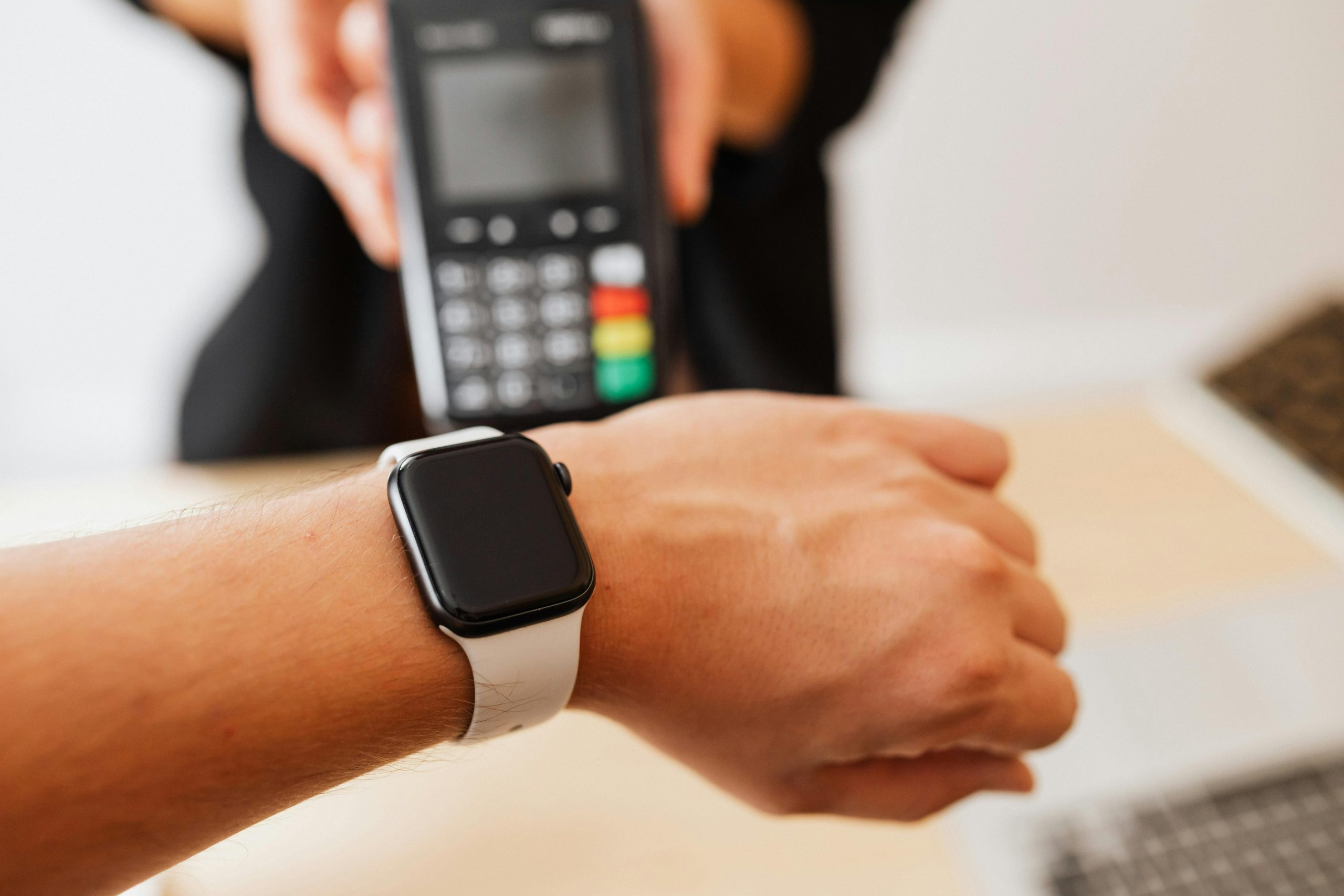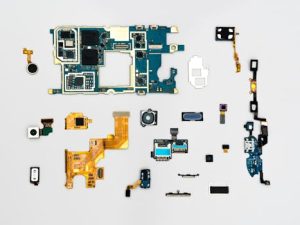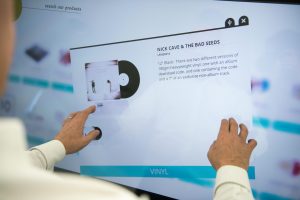Biometric Clothing: The Next Frontier in Wearable Tech
Wearable technology has been making its way into our lives for quite some time now, with smartwatches and fitness trackers becoming an integral part of our daily routines. But what if we told you that the future of wearable tech lies in something even more advanced and personalized? Say hello to biometric clothing, the next frontier in the world of wearables.
The Evolution of Wearable Tech
Wearable technology has come a long way since its inception. What started out as clunky and bulky devices has now evolved into sleek and stylish accessories that seamlessly integrate into our daily lives. Smartwatches and fitness trackers have become our go-to devices for tracking our health and staying connected on the go. But with advancements in technology, wearables are now moving beyond just our wrists and into our clothing.
What is Biometric Clothing?
Biometric clothing is a type of wearable technology that uses sensors and data analysis to monitor and track various aspects of our body, such as heart rate, body temperature, and even posture. This data is then used to provide real-time feedback and insights, enabling us to better understand our body and make informed decisions to improve our health and well-being.
The Benefits of Biometric Clothing
The potential benefits of biometric clothing are vast. Not only does it offer a more discreet and comfortable way of tracking our body’s vital signs, but it also has the potential to revolutionize various industries.
Health and Fitness
For athletes and fitness enthusiasts, biometric clothing can provide a more accurate and comprehensive way of tracking their performance. By analyzing data such as heart rate and body temperature, athletes can optimize their training routines and achieve their goals more efficiently. In the healthcare industry, biometric clothing can aid in the monitoring of patients, providing doctors with valuable insights and allowing for early detection and prevention of health issues.
Improved Safety
Another significant advantage of biometric clothing is its potential to improve safety in various industries. For example, construction workers can wear biometric clothing with sensors that monitor their heart rate and body temperature, alerting them to potential heat stroke or other health hazards. Soldiers in the military can also benefit from biometric clothing, with sensors that monitor their vital signs and alert them to potential health risks while in combat.
The Future of Biometric Clothing
The possibilities of biometric clothing are endless, and it’s being constantly explored and developed by researchers and companies. From integrating sensors into everyday clothing items like t-shirts and leggings to creating specialized biometric suits for specific purposes, the evolution of biometric clothing is set to revolutionize the wearable tech industry.
Some companies have already started introducing biometric clothing into the market, with products like smart pajamas that monitor sleep patterns and baselayers for skiing that track heart rate and body temperature. With advancements in technology, we can expect to see more innovative products in the near future.
The Impact on Privacy
With the increasing use of biometric data, concerns about privacy and security have also risen. Biometric clothing collects large amounts of data about our body, which, if in the wrong hands, can be exploited. Companies need to have strict policies in place to protect this sensitive information and ensure that it is being used ethically.
Conclusion
Biometric clothing is the next frontier in the world of wearable technology. It offers a more personalized and convenient way of tracking our body’s vital signs, with potential benefits in various industries. As with any technology, it is essential to address privacy concerns and ensure responsible use. But with the potential to improve our health, safety, and overall well-being, it’s safe to say that biometric clothing is not just a passing trend but the future of wearable tech.









